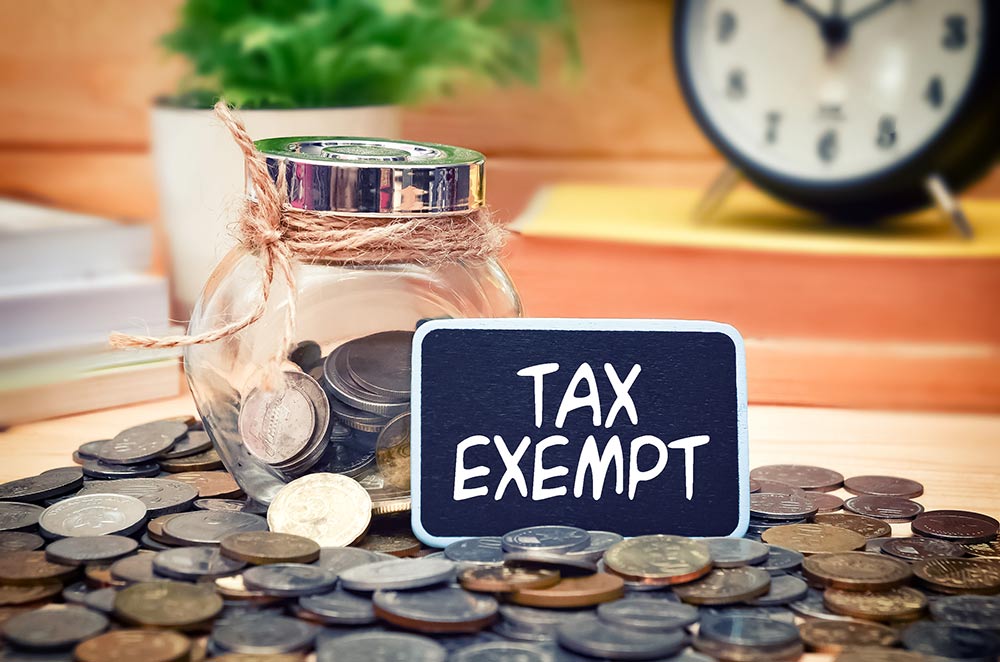Land is a capital asset that always gets appreciated. Hence, the owner makes huge capital gains on the sale. However, agricultural land in India is an exception. Therefore, no taxes are applicable on its sale. But in the case of land other than the one used for agriculture purposes, one needs to pay capital gains tax on sale after considering inflation. However, one can save tax on the sale of property in India.
The profits that one earns from the sale of a property are called capital gains. They attract tax. There are two types of capital gains according to the period of transfer:
- Short-term capital gains- When one holds land or building for less than 24 months, the gains are known as short-term capital gains.
- Long-term capital gains- When one holds land or building for 24 months or more, the capital gains are known as long-term capital gains.
Short-term and long-term capital gains are taxed distinctly.
For long-term capital assets, one needs to deduct brokerage, indexed cost of acquisition and indexed cost of improvement from sales consideration to arrive at long-term capital gains income. Indexation increases the cost after considering the inflation rate. Moreover, exemption under section 54 can also help reduce capital gains, if conditions are fulfilled.
| PARTICULARS | RS. |
| Sale Consideration | XX |
| Less: Transfer Expenses on Sales and Brokerage | (XX) |
| Net Sale Consideration | XX |
| Less: Indexed cost of Acquisition and Improvement | (XX) |
| XX | |
| Less: Exemption u/s 54 | (XX) |
| Long-term income from capital gain | XX |
To arrive at short-term capital gain income, one needs to deduct brokerage and other related expenses, cost of acquisition and improvement from sales consideration.
| PARTICULARS | RS. |
| Sale Consideration | XX |
| Less: Transfer Expenses on Sales and Brokerage | (XX) |
| Net Sale Consideration | XX |
| Less: Cost of Acquisition and Improvement | (XX) |
| Short-term income from capital gain | XX |

Tax Rates
- Short-term income from capital gains gets added to the income and is taxable according to the slab rates.
- Long-term income from capital gains attracts 20% tax and 4% health and education cess. Moreover, if one sells an inherited or gifted property, capital taxes are still applicable.
Exemptions that help to save tax on the sale of property in India (for long-term capital assets)
Exemptions under section 54F are applicable in the case of long-term capital assets if all the conditions mentioned below are satisfied:
- The person is an individual or Hindu Undivided Family.
- Exemptions are applicable when there is a transfer of a long-term capital asset.
- The net consideration is re-invested in either of the following:
- One purchases a new residential property in India before one year of the date of transfer or after two years from the date of transfer.
- One constructs a new residential property within three years of transfer in India.
- One deposits the capital gains in capitals gains account scheme within three years of sale.
If one satisfies all the conditions and invests entire sales proceeds in either of the options, then one can save tax on the sale of property in India entirely. But if only a part of sales proceeds gets invested in either of the above options, then sales proceeds or invested amount, whichever is less is exempt.
Example of how to save tax on the sale of property in India
The Fair Market Value of a property as of 1st April 2001 is ₹80,000. The property was sold for ₹18,00,000 on 1st December 2020. There were no transfer expenses. The indexed cost of acquisition is ₹2,40,000. Later, Mr X constructs a new residential house on 14th May 2021 for ₹16,00,000.
The asset was held for more than 24 months. Therefore, it is a long-term capital asset.
| PARTICULARS | RS. | RS. |
| Sale Consideration | 18,00,000 | |
| Less: Transfer Expenses on Sales and Brokerage | NIL | |
| Net Sale Consideration | 18,00,000 | |
| Less: Indexed cost of Acquisition | (2,40,000) | |
| 15,60,000 | ||
| Less: Exemption u/s 54 | ||
| New Residential Property | 16,00,000 | |
| Long-term capital gain (whichever is less) | 15,60,000 | (15,60,000) |
| Long-term income from capital gain | 0 |
If Mr X invested ₹14,00,000 in the capital gains scheme account and other things remain the same, then:
| PARTICULARS | RS. | RS. |
| Sale Consideration | 18,00,000 | |
| Less: Transfer Expenses on Sales and Brokerage | NIL | |
| Net Sale Consideration | 18,00,000 | |
| Less: Indexed cost of Acquisition | (2,40,000) | |
| 15,60,000 | ||
| Less: Exemption u/s 54 | ||
| New Residential Property | 14,00,000 | |
| Long-term capital gain (whichever is less) | 15,60,000 | (14,00,000) |
| Long-term income from capital gain | 1,60,000 |
Here, the long-term income from capital gains is ₹1,60,000. And on this income, 20% tax is applicable. The amount is ₹32,000.
If the above exemption is not applicable, then the tax on the sale of a property is 20% on sales proceeds, i.e., ₹15,60,000. The amount is ₹3,12,000. This is how exemption under section 54 helps to save tax on the sale of property in India.

Capital Gains Account Scheme
The capital gains account scheme was introduced in 1988. It helps individuals to park capital gains till the time they are invested in assets specified in section 54F. It protects the long-term capital gains. And it also helps to save tax on the sale of property in India if one deposits the amount within three years of sale or transfer.
They are of two types:
- Firstly, savings deposit, similar to savings account of the bank. It also provides a similar rate of interest as a bank provides at regular intervals. It is highly liquid as one can withdraw the amount as per their requirements.
- Secondly, term deposits are similar to fixed deposits of the bank. The rate of interest and terms of fixed deposit is the same as a bank. But the maximum tenure is three years. It will auto-renew at the end of three years. One also receives a deposit certificate.

Tax exemptions for short-term capital gains:
As mentioned earlier, short-term income from capital gains is added to the total income and then it is taxable as per the respective tax slab.
- Indian residents below 60 years of age get an exemption of ₹2,50,000 on total taxable income.
- Senior citizens, Indian residents above the age of 60 but below 80 years of age get an exemption of ₹3,00,000 on total taxable income.
- Super senior citizens, above the age of 80 years, get an exemption of ₹5,00,000 on total taxable income.
- HUF gets an exemption of ₹2,50,000 on total taxable income after adding short-term capital gains to it.
- Non-residents get an exemption of ₹2,50,000 on total taxable income after adding short-term capital gains to it.




